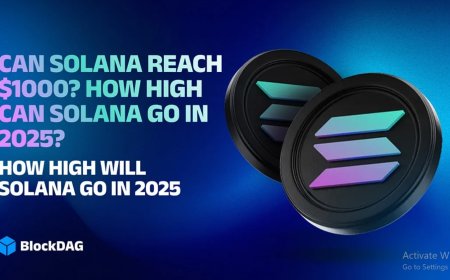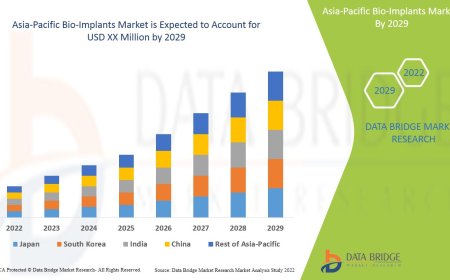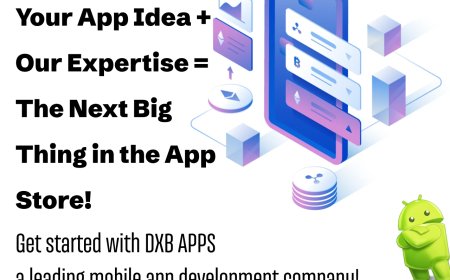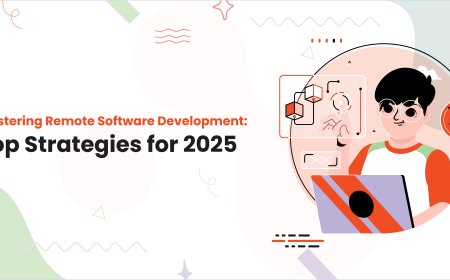GDPR, HIPAA, and Azure: How Consultants Ensure Regulatory Compliance
Microsoft Azure consultant plays a critical role—guiding organizations through complex compliance landscapes to ensure their cloud deployments meet stringent legal requirements.

Introduction
In todays digital age, data privacy and security have become paramount concerns for organizations across industries. With increasing regulatory demands such as the General Data Protection Regulation (GDPR) in Europe and the Health Insurance Portability and Accountability Act (HIPAA) in the United States, businesses face immense pressure to protect sensitive information while leveraging cloud technologies for agility and innovation. Microsoft Azure, as one of the leading cloud platforms, offers a robust environment for secure data handling, but navigating regulatory compliance on Azure requires specialized knowledge. This is where a Microsoft Azure consultant plays a critical roleguiding organizations through complex compliance landscapes to ensure their cloud deployments meet stringent legal requirements.
Understanding GDPR and HIPAA: Compliance Challenges in the Cloud
GDPR: Protecting Personal Data in the EU
GDPR is a comprehensive data protection regulation enforced across the European Union since 2018. It aims to give individuals control over their personal data and imposes strict obligations on organizations that process such data. Key GDPR requirements include:
-
Data Minimization and Purpose Limitation: Collect only the data necessary for specified purposes.
-
Consent and Transparency: Obtain clear consent and inform individuals how their data is used.
-
Data Subject Rights: Enable individuals to access, correct, or delete their data.
-
Data Breach Notification: Report breaches within 72 hours.
-
Data Protection by Design: Embed privacy into all systems and processes.
For organizations using cloud platforms like Azure, GDPR compliance means ensuring data is stored, processed, and transmitted in ways that adhere to these principles.
HIPAA: Safeguarding Health Information in the US
HIPAA regulates the privacy and security of protected health information (PHI) in the US healthcare sector. The law mandates:
-
Privacy Rule: Controls who can access PHI.
-
Security Rule: Requires administrative, physical, and technical safeguards.
-
Breach Notification Rule: Obligates notification of unauthorized disclosures.
-
Business Associate Agreements: Requires cloud providers and other third parties to commit to HIPAA compliance.
When health providers or related organizations use Azure services, HIPAA compliance means securing electronic PHI (ePHI) in accordance with these rules.
Why Microsoft Azure for Regulated Workloads?
Microsoft Azure offers extensive compliance certifications and built-in security features, making it a preferred cloud platform for regulated workloads:
-
Comprehensive Compliance Portfolio: Azure holds certifications for GDPR, HIPAA, ISO 27001, SOC 1/2/3, and many more.
-
Data Residency Options: Customers can choose regional data centers to address data sovereignty concerns.
-
Advanced Security Tools: Azure Security Center, Azure Sentinel, Azure Defender, and encryption capabilities help safeguard data.
-
Access Controls: Role-Based Access Control (RBAC) and Azure Active Directory provide granular permissions.
-
Audit and Logging: Azure Monitor and Azure Policy enable auditing and compliance monitoring.
However, despite these capabilities, achieving regulatory compliance is not automatic. Organizations must configure and use these features correctly, tailor policies to their needs, and maintain ongoing governance.
The Role of a Microsoft Azure Consultant in Ensuring Compliance
A Microsoft Azure consultant brings deep expertise in both Azure technologies and regulatory frameworks like GDPR and HIPAA. Their role is vital in translating compliance requirements into actionable cloud strategies. Heres how they help organizations stay compliant:
1. Compliance Assessment and Gap Analysis
Before migrating or expanding to Azure, a consultant conducts a thorough assessment of the organization's current compliance posture. This includes:
-
Reviewing existing policies, processes, and controls related to data protection.
-
Mapping data flows to identify where personal or health data resides.
-
Identifying gaps between current practices and GDPR/HIPAA requirements.
-
Evaluating Azure services and configurations in use or planned.
This assessment forms the foundation for designing compliant cloud architectures.
2. Designing Secure Azure Architectures
Based on the assessment, the consultant designs cloud solutions that incorporate regulatory safeguards:
-
Data Classification and Segmentation: Ensuring sensitive data is logically isolated and encrypted.
-
Access Controls: Implementing RBAC, multi-factor authentication, and least privilege access.
-
Data Residency and Sovereignty: Selecting appropriate Azure regions to comply with data localization laws.
-
Encryption: Utilizing Azure Storage Service Encryption, Transparent Data Encryption (TDE), and Azure Key Vault for key management.
-
Network Security: Configuring Virtual Network (VNet) isolation, firewalls, and private endpoints.
This architecture aligns with the principles of "privacy by design" and "security by default."
3. Policy Implementation and Automation
Azure offers powerful governance tools, and consultants leverage these to enforce compliance policies:
-
Azure Policy: To automatically enforce rules, such as disallowing unencrypted storage accounts or restricting resource creation to compliant regions.
-
Azure Blueprints: To deploy repeatable compliant environments for development, testing, and production.
-
Security Center Recommendations: To continuously assess and remediate security risks.
-
Automation Scripts: Using Azure Automation and PowerShell for ongoing configuration compliance.
By automating compliance controls, organizations reduce human error and ensure continuous adherence.
4. Data Protection and Privacy Controls
Consultants help implement controls specific to GDPR and HIPAA data protection mandates:
-
Consent Management: Integrating Azure services with applications to track and manage user consents.
-
Data Subject Access Requests (DSAR): Designing workflows to locate, export, or delete personal data on demand.
-
Data Retention and Deletion: Setting policies for data lifecycle management, including archiving and secure disposal.
-
Audit Logging: Enabling Azure Monitor logs, Azure Activity Logs, and diagnostic logs for comprehensive auditing.
-
Incident Response: Establishing alerting and response protocols using Azure Sentinel and Security Center.
These controls empower organizations to meet data subject rights and breach notification requirements.
5. Training and Awareness
Compliance is not just technical but also organizational. A Microsoft Azure consultant often provides training and awareness sessions:
-
Educating IT teams on compliance responsibilities in Azure.
-
Training developers on secure coding and data handling practices.
-
Advising business users on privacy principles and risk mitigation.
This holistic approach fosters a culture of compliance.
6. Continuous Monitoring and Reporting
Regulatory compliance is an ongoing effort. Consultants help set up continuous monitoring frameworks:
-
Configuring dashboards and alerts in Azure Security Center and Sentinel.
-
Regular compliance reports tailored for GDPR and HIPAA audits.
-
Performing periodic risk assessments and penetration testing.
-
Advising on updates required due to regulatory changes or Azure service evolutions.
This ensures the cloud environment remains compliant through its lifecycle.
Case Study: A Healthcare Providers Journey to HIPAA Compliance on Azure
A large healthcare provider needed to migrate its patient management system to Azure while ensuring HIPAA compliance. Engaging a Microsoft Azure consultant, they undertook:
-
A risk and gap analysis to identify compliance vulnerabilities.
-
Design of a secure Azure environment with VNet isolation, encryption, and strict access controls.
-
Implementation of Azure Policy to enforce compliance at scale.
-
Setup of Azure Sentinel for real-time threat detection and response.
-
Training of IT staff on HIPAA regulations and Azure security best practices.
The project resulted in a compliant, secure cloud infrastructure enabling enhanced patient care without regulatory risk.
Conclusion
Navigating the complexities of GDPR, HIPAA, and other regulatory frameworks while leveraging Microsoft Azures cloud capabilities demands specialized expertise. A Microsoft Azure consultant bridges this gap by delivering tailored assessments, secure architectures, policy automation, and continuous compliance management. Their guidance ensures organizations not only meet legal requirements but also build trust with customers and stakeholders through robust data protection.
As regulatory scrutiny intensifies and cloud adoption grows, partnering with skilled Azure consultants becomes indispensable for businesses aiming to thrive securely and compliantly in the digital era.




































